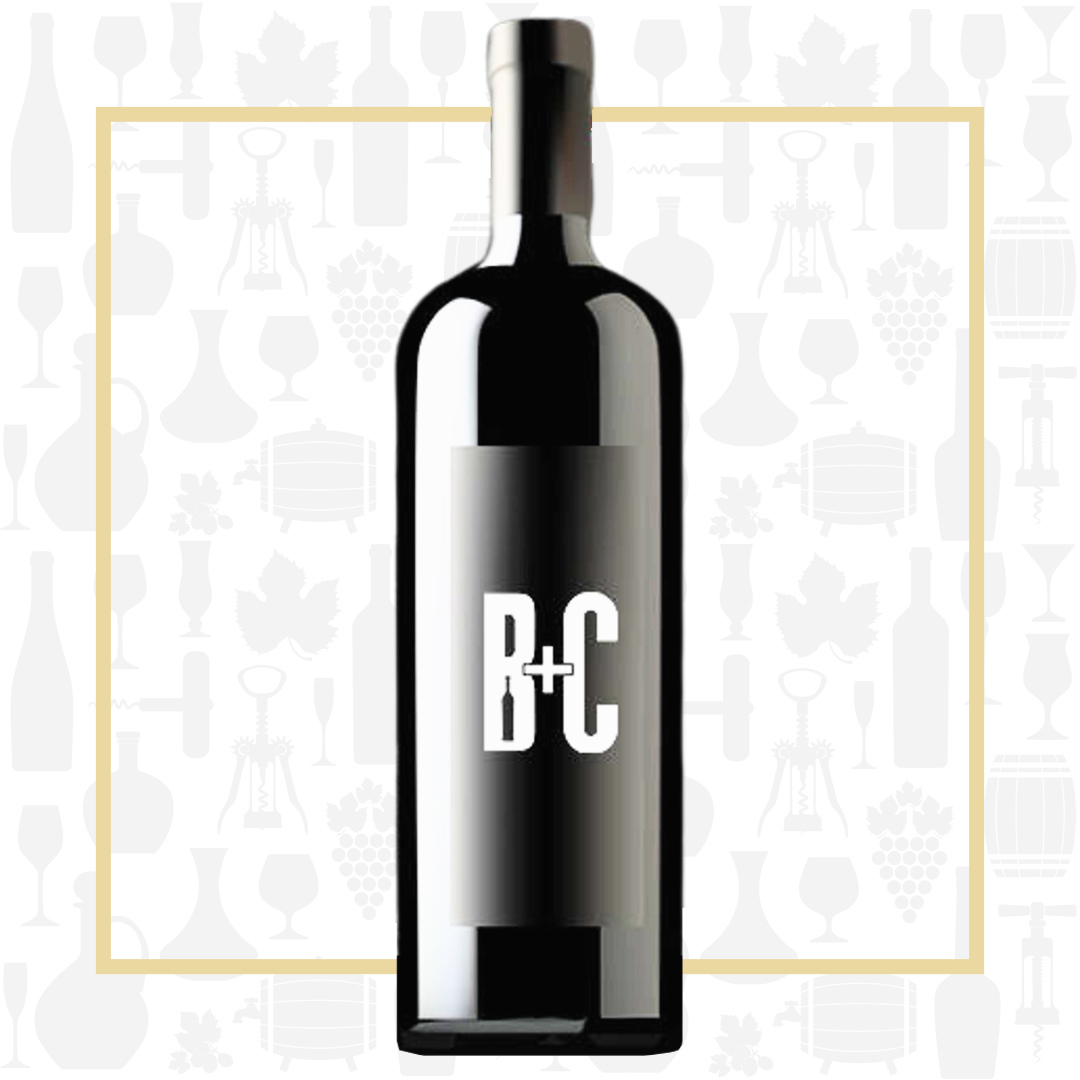Cellar Profile
The Sire family have been grape growers in Roussillon since 1906, as long standing members of the local cooperative. But it wasn’t until 1989 that they decided to vinify and bottle their prized fruit under the name,Domaine des Schistes. As the name suggests, their 50 hectares of vines are planted in predominantly schistous soils around the villages of Estagel and Tautavel. This unique soil-type is found in pockets throughout the region and provides the ideally poor, rocky foundation for quality viticulture in this corner of France. The winery is now under the stewardship of young, energetic Mickaël Sire, a part of France’s next generation of vignerons obsessed with quality and sustainability. Like many young winemakers, Mickaël travelled and worked extensively abroad before returning home to Roussillon to take over the family estate. He farms organically and adheres to the principles of low- intervention winemaking: native yeast ferments; minimal oak; no fining or filtering. These wines are loaded with Roussillon character.
Region
Roussillon is all too often lumped together with its eastern neighbour, Languedoc. And while the two regions do share similarities—namely warm temperatures and common grapes—there are significant and important differentiators as well. From a cultural standpoint, Roussillon, located just over the Pyrenees mountains where the Mediterranean coast runs north before veering east, is more Catalan than French. The climate here is harsh and severe, with extreme heat, minimal rain and a constant, fierce wind known locally as the Tramontane. The soils are incredibly poor, with barely a trace of earth on top of a hard shale, schist and limestone base. All of these factors combine to naturally create incredibly low yields and, as a result, intense, characterful wines. Low yields and small estates also mean higher production costs. On average, the wines of Roussillon are more expensive than those from Languedoc. They are also a little more demanding for the drinker in terms of profile and style. They are most definitely wines that show best with food. And they usually reward patience, be it via decanter or time in the cellar. But they are some of the most expressive, complex and terroir-driven wines you will find.
Vineyard
Sourced from clay-based soil over a limestone base provided by the Corbières mountain. Vines were planted in the 1960s. This vineyard is the last to be harvested, and the resulting wines are rich, ripe and complex.
Winemaking
Hand-harvested and sorted, with a short maceration on the skins, before being pressed into neutral Austrian oak foudres for a long, slow fermentation using indigenous yeasts. After fermentation, the wine spends another 6 months in barrel, on its lees, before being bottled unfined and unfiltered.
Varieties
A blend of Grenache Blanc and Grenache Gris along with Macabeu. Grenache Blanc is a high quality grape grown throughout southern France’s wine regions. It typically produces full, flavourful wines with a soft, round texture. Grenache Gris is the rare, pink-skinned cousin of Grenache Blanc. Like its cousin, acidity levels are low and flavour levels are high. If not picked on an optimal date, both tend to make flabby, fat wines. Macabeu, known across the Pyrenees as Macabeo, produces a relatively neutral profile when vinified. Its higher acidity makes it a useful partner both in blended white wines and as a base for sparkling wine.
Tasting Notes
Rich, heady aromas of melon, ripe pear, orange blossom and petrichor. The mouth is round and fairly full-bodied, but there is enough acidity to ensure it isn’t viscous. Despite being bone dry, the ripeness of the melon, pear and tangy citrus makes it seem as though there is a touch of residual sweetness. There is a touch of salty minerality on the long finish. Chill and enjoy with garlic prawns, goat cheese or pasta primavera.

